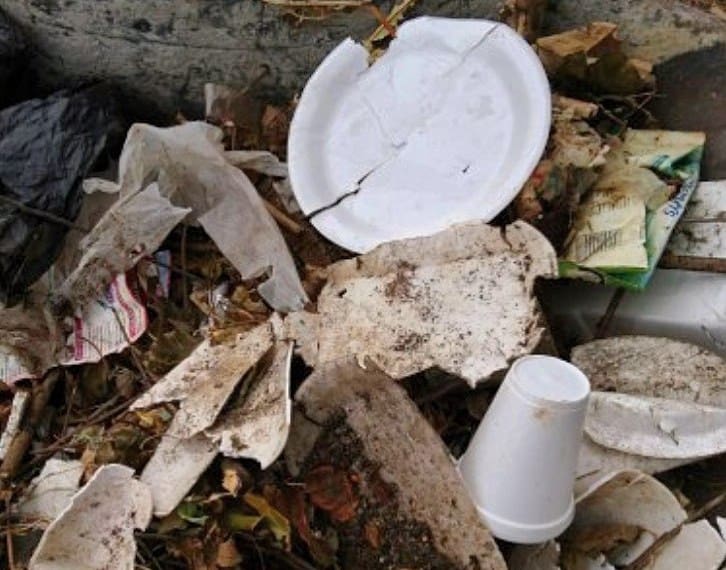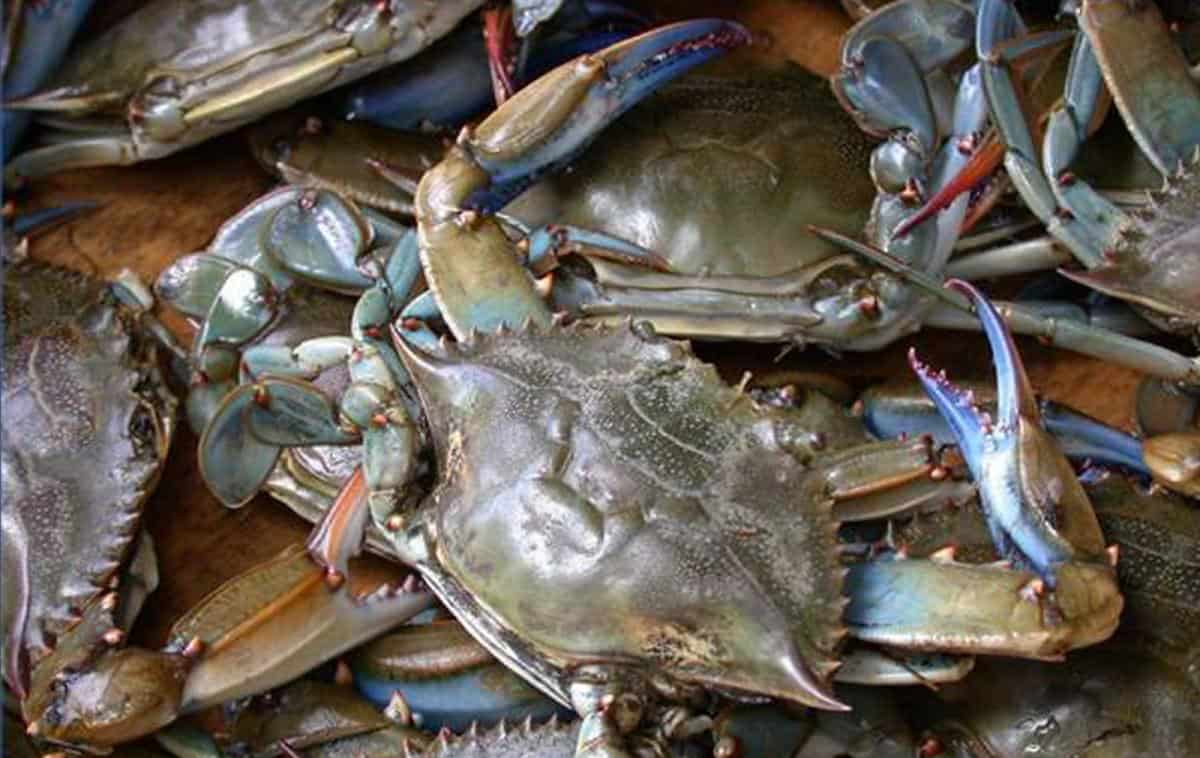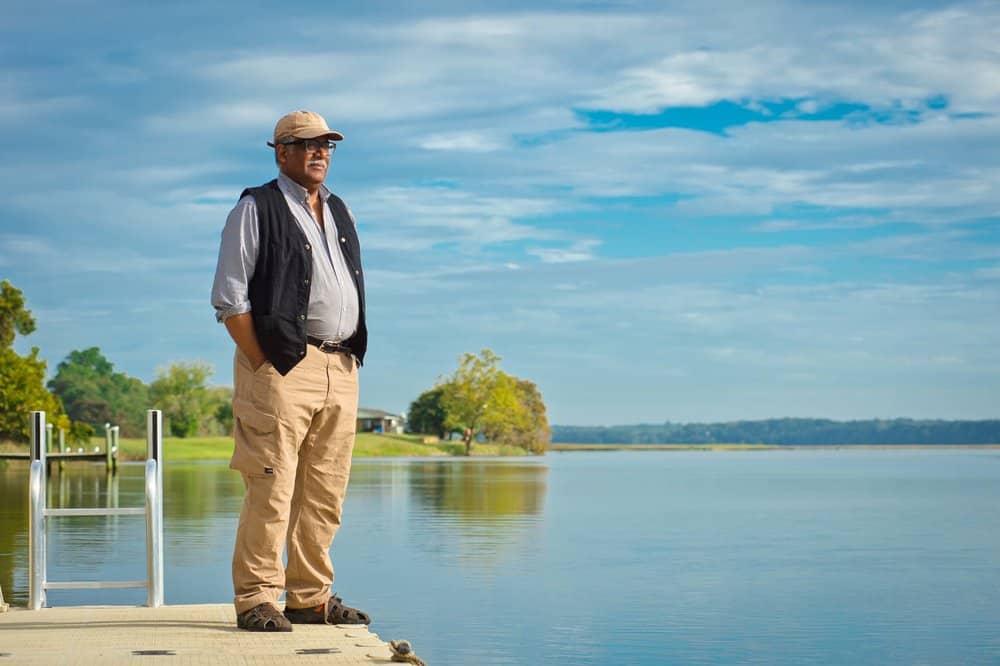Maryland is one step closer to becoming the first state in the nation to ban foam food containers.
On Tuesday the state Senate passed a bill to ban restaurants, grocery stores, and other food providers from using expanded polystyrene (EPS) foam food containers. Retail sales of EPS food containers would also be illegal. The bill passed 34 to 13 with bipartisan support.
Lightweight EPS foam containers are often littered on the ground, where they can soak up toxins and then wind up in waterways. Fish and marine mammals often mistake toxic microplastics like EPS for food, with fatal results, according to local conservationists.
The sponsor of Senate bill SB285, Senator Cheryl Kagan (D-17), cites a Baltimore study that finds 42% of all debris picked up in Baltimore City was foam or foam pieces. Groups like Blue Water Baltimore, the Maryland Sierra Club, and Trash Free Maryland have been pushing for a statewide ban.
“Foam litter is particularly hazardous to our waterways and wildlife. Eliminating foam food service products will change the dynamic of our pollution challenge, and protect our marine environments and the industries reliant on them,” says Ashley Van Stone, director of Trash Free Maryland.
But opponents say a foam container ban would hurt small businesses by costing them extra. Says Senator Justin Ready (R-5), “”This bill does not move the needle at all on protecting the environment. And it is going to be a tremendous inconvenience on the little guy… Let’s reconsider this ill-conceived policy.”
An example given: Maryland’s ever-popular sno-ball stands, which serve their icy treats almost exclusively in Styrofoam cups.
The proposed ban now goes to the House of Delegates, where a sister bill is being sponsored by Delegate Brooke Lierman (D-46).
Some major Maryland counties have already passed foam container bans, with laws already in effect in Montgomery and Prince George’s Counties. Baltimore City, Annapolis, and Anne Arundel County have all passed bans that will go into effect next year.
If the statewide ban passes, it would take effect in mid-2020. Senator Kagan says that will give businesses time to use up the foam containers they’ve already purchased and transition to alternative containers.
-Meg Walburn Viviano




